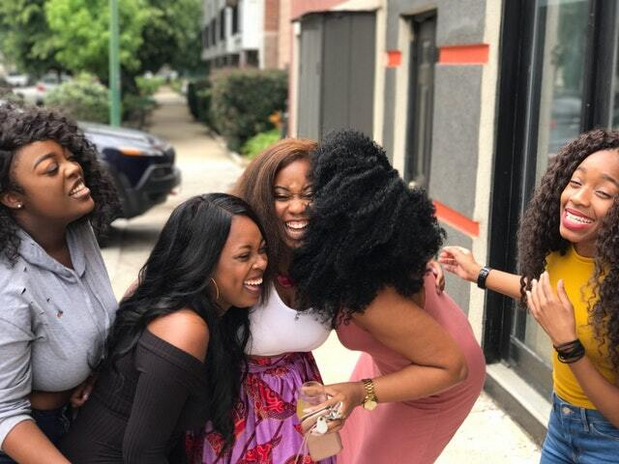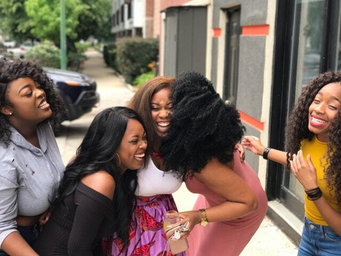There’s different rhetoric for men and women. They’re held to different standards. Women are seen as beautiful before their talents whereas men can simply have a talent. Women are expected to convey a sense of duality, pretty plus another attribute, whereas men’s attributes make them attractive.
Every month, Twitter elects their “white boy of the month,” our newest being Dylan Arnold. Now what’s interesting about Dylan Arnold is that when he was in After, people didn’t think much of him, especially since Hero Fiennes Tiffin took up most of the attention. But after a good haircut and a sarcastic, flirty portrayal of his newest character, people are starting to come around.
Many have pointed out that the white boys of the month aren’t necessarily the most attractive men they have ever seen—usually starting their tweets with “hear me out.” Why is it for men (specifically, white men) that we praise their mediocrity? Men are allowed to be “ugly” or “medium ugly” but are still granted success and admiration whereas women are not.
Taylor Swift talks about how women in the industry need to reinvent themselves time and time again so they are not seen as boring whereas her male counterparts don’t have to do this. Women in the music industry have to market themselves, their looks, their eras, but men can just release an album and allow the music to speak for itself.
A prime example in the entertainment industry is how we view Pete Davidson and Nicole Byer. Pete Davidson is not a conventionally attractive man, but his humor caused tons of women—including Ariana Grande—to be attracted to him. Nicole Byer, on the other hand, is a female comedian, but no one finds her attractive because she’s funny. Byer also discusses this on her podcast Why Won’t You Date Me? where she explains how women can be seen as attractive and funny if they’re attractive as well as funny; however, they aren’t seen as attractive if they are funny.
In the film industry, Miss Congeniality comes to mind. Sandra Bullock’s character, Gracie Hart, is seen as “one of the guys” throughout the film and the men in her team pay her no mind until she’s seen in a dress. When she’s seen in dresses, the men who have always seen her as “one of the guys” suddenly find her attractive. She’s finally seen as a woman.
Female celebrities are all expected to be conventionally attractive as well as talented. They’re attractive first then their talent is taken into consideration. And it doesn’t necessarily need to be celebrity women. People bring up the “pretty privilege” that even the everyday woman experiences—or doesn’t.
Women are treated differently when they’re conventionally attractive. It’s almost as if this is the basis for women before they can pursue anything else. I’ve had friends who have been given free Starbucks drinks because the barista found them attractive, but your average woman has to pay for her coffee.
Although this issue is prevalent in the media, it’s an everyday issue as well. Women are expected to showcase their duality in all aspects of life; beauty is a predecessor. We live in a patriarchal society in which men are still dominant in every industry.
Men outnumber women in most industries and with men calling the shots, they continue the prioritization of attractive women. There’s no denying that there have been shifts in the industry, but we still have a long way to go.


